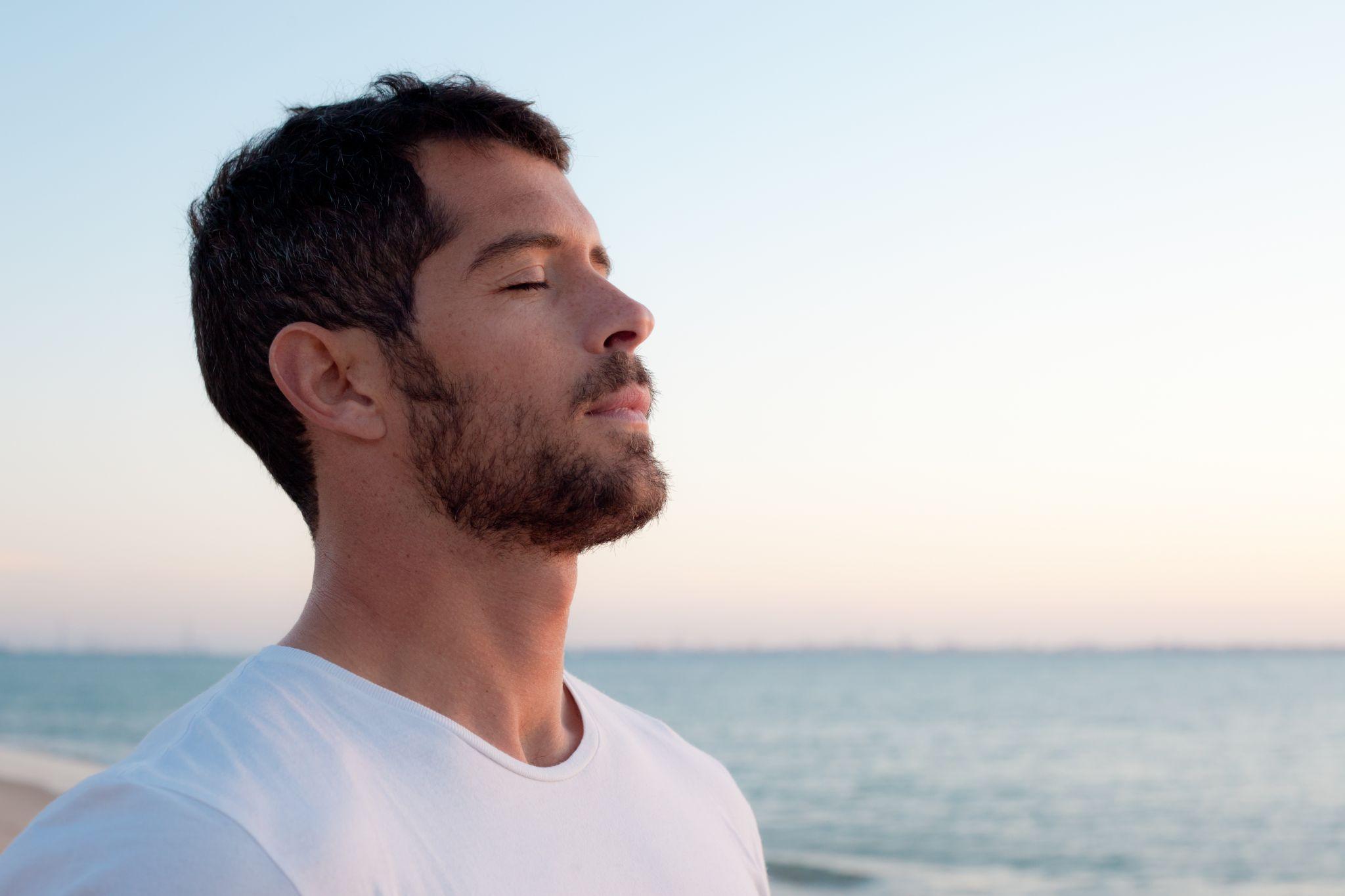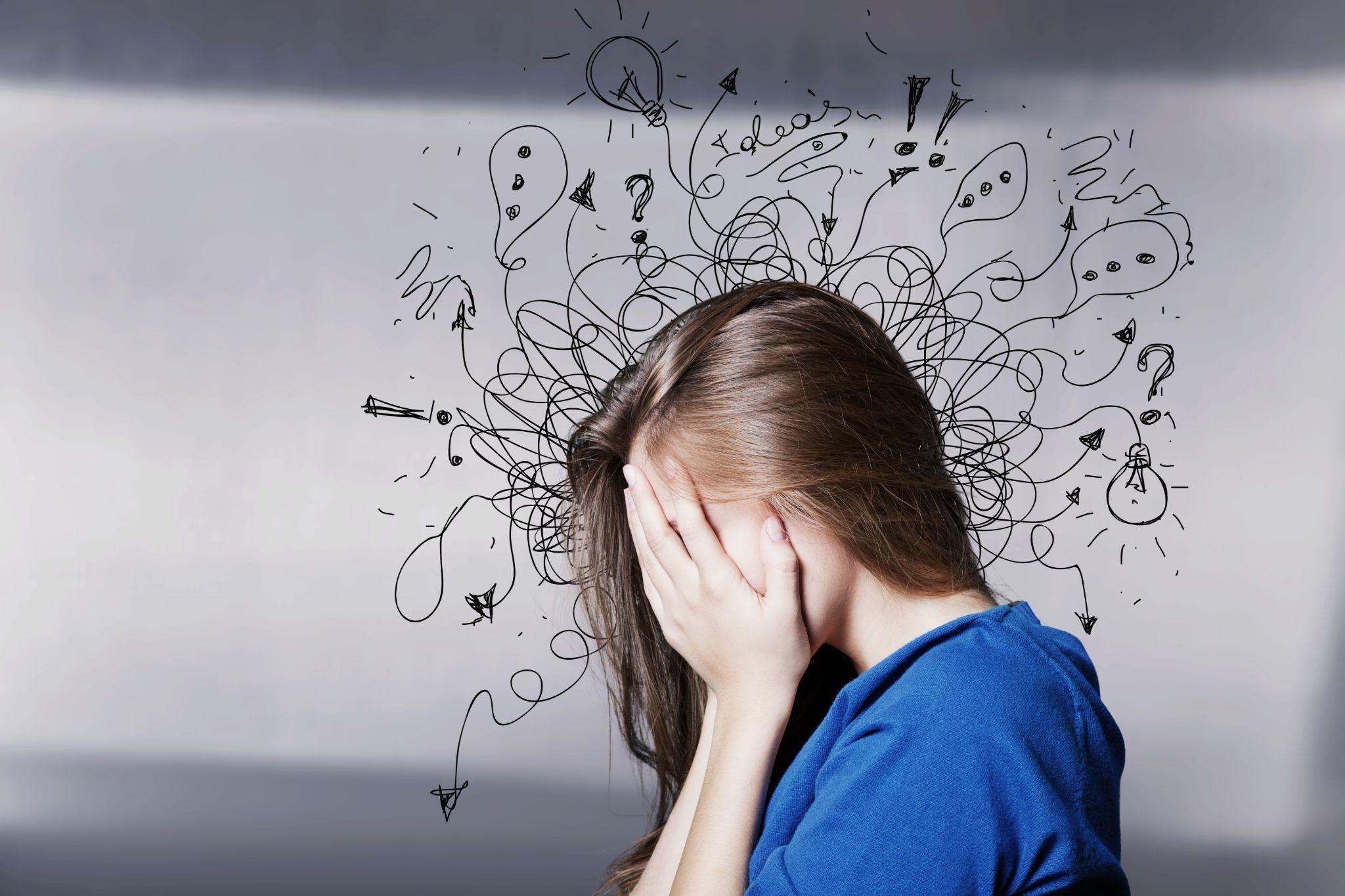Recovering from addiction is a monumental step toward a healthier, more fulfilling life. However, navigating the complexities of life without the crutches of alcohol or drugs can introduce new challenges, particularly in managing anxiety.
Anxiety disorders, a common companion to the sober journey, can feel overwhelming without the familiar escape of substances. But there’s hope and strength in the array of strategies to face it head-on.
Whether you’re walking this path yourself or supporting a loved one, understanding how to manage severe anxiety after getting sober is important. Here are five effective ways to deal with feeling anxious while staying sober.
1. Embrace Mindfulness and Meditation
Practicing mindfulness and meditation is extremely beneficial for managing anxiety, particularly in the journey of sobriety. These grounding techniques allow you to fully be in the present moment, offering a break from the relentless cycle of anxiety-driven thoughts about past regrets or future uncertainties.
Mindfulness involves paying attention to your current experience without judgment. This could mean observing your thoughts and feelings or focusing intently on your breathing and the sensations in your body. Simple mindfulness exercises, such as mindful eating or mindful walking, encourage you to engage fully with the present moment, enhancing your capacity to manage anxiety.
Meditation, particularly guided meditation, provides a structured approach to mindfulness. Through guided imagery or focused attention exercises, meditation can help calm the mind and reduce stress. Apps like Headspace or Calm offer a variety of guided meditation sessions tailored to different needs, including anxiety reduction.
Incorporating these practices into your daily routine doesn’t require a significant time commitment. Starting with just five to ten minutes a day can lead to meaningful benefits. Over time, as these grounding exercises become a regular part of your life, you may notice a decrease in anxiety levels and an improved ability to cope with stressors without resorting to substances.
2. Establish a Healthy Routine
A predictable routine can be incredibly soothing for the mind, especially for those suffering from anxiety. Structure your day with consistent sleep, meal times, and activities to provide a sense of normalcy and control, which is often lost in the chaos of addiction and recovery.
Sleep is critical in managing anxiety. Aim for 7-9 hours of quality sleep per night. Establish a calming bedtime routine to signal to your body that it’s time to wind down. This could include reading, taking a warm bath, or practicing relaxation exercises. Avoid screens at least an hour before bed, as the blue light can disrupt your sleep cycle.
Nutrition plays a vital role in your emotional and physical health. Consuming a balanced diet rich in fruits, vegetables, lean protein, and whole grains can help stabilize your mood and energy levels. Try to minimize the intake of processed foods, sugars, and caffeine, as these can exacerbate anxiety symptoms.
Physical activity is a natural anxiety reliever. Exercise releases endorphins, chemicals in your brain that act as natural painkillers and mood elevators. You don’t need to engage in intense workouts to reap the benefits. Activities like walking, cycling, or yoga can be highly effective in reducing anxiety and improving overall well-being.
3. Seek Support
Navigating the journey of sobriety can feel isolating, particularly when facing the challenge of anxiety. However, building a support network can play a pivotal role in your recovery and emotional well-being.
Engaging with a therapist who specializes in addiction and mental health conditions can provide you with personalized strategies to manage anxiety and address the underlying issues contributing to substance use. Cognitive behavioral therapy (CBT) is particularly effective in teaching coping skills for dealing with anxiety by challenging and changing negative thought patterns.
Support groups offer a community of individuals who understand the struggles of addiction and recovery. These meetings can provide a sense of belonging and a safe space to share experiences and coping strategies. For those dealing with co-occurring anxiety, groups specifically tailored to dual diagnosis can be incredibly beneficial.
The power of connection with friends and family can be life-changing. Sharing your journey with trusted loved ones can provide emotional support and accountability. If you’re comfortable, educating them about what you’re going through can also help them understand how to best support you.
There are also numerous online forums and social media groups dedicated to recovery and mental health. These platforms can offer support and advice at any time, making them a valuable resource for those who may not have access to in-person support or prefer the anonymity of online interactions.
4. Develop Healthy Coping Skills

As you navigate sobriety, developing a toolkit of healthy coping mechanisms is crucial for managing anxiety and avoiding relapse.
Journaling your thoughts and feelings can be a therapeutic way to process emotions and reduce stress. It can also help you identify triggers and patterns in your anxiety, providing insights into effective coping strategies.
Creative expression like painting, drawing, or playing music allows you to express yourself in non-verbal ways, offering a powerful outlet for emotions and stress. Engaging in creative activities can also boost self-esteem and provide a sense of accomplishment.
Relaxation techniques for anxiety include progressive muscle relaxation, deep breathing exercises, or guided imagery to help reduce symptoms. These practices can be particularly useful in moments of high stress or panic, offering a quick and accessible way to calm the mind and body.
Nature and outdoor activities can reduce anxiety and improve mood. Whether it’s a walk in the park, hiking in the mountains, or simply sitting in a garden, connecting with the natural world can provide a sense of peace and grounding.
Mindful movements like yoga, tai chi, and qigong combine physical movement with breath control and meditation, promoting relaxation and mindfulness. These practices can be especially beneficial for those dealing with anxiety, as they help to unify the mind and body, fostering a state of calm and balance.
5. Limit Stimulants and Screen Time
Reducing the intake of stimulants (like caffeine) and managing screen time are essential strategies for minimizing anxiety. Stimulants can increase heart rate and tension, while excessive screen time, especially before bed, can interfere with sleep quality.
Moderate Stimulant Consumption. Gradually reducing the intake of caffeine and sugar can help lower anxiety levels. Consider replacing caffeinated beverages with herbal teas or water to stay hydrated and calm.
Manage Screen Time. Implementing a digital curfew an hour or two before bedtime can improve sleep quality. Instead, engage in relaxing activities that don’t involve screens, such as reading or gentle stretching. Also, be mindful of the content you consume, as negative or stressful information can heighten anxiety.
Create Tech-Free Zones. Designate areas in your home where electronic devices are not allowed, such as the bedroom, to encourage relaxation and improve your sleep environment. This separation can help reduce the temptation to check devices impulsively and promote more mindful use of technology.
Get Help for Anxiety During Sobriety With Lumina Recovery
Dealing with anxiety in sobriety is a journey of self-discovery and resilience. By incorporating these strategies into your life, you’re not just managing anxiety—you’re building a foundation for a healthier, more serene life.
Sobriety brings its challenges, but with the right tools and support, managing anxiety is entirely possible. Lumina Recovery offers dual diagnosis care for anxiety and cognitive behavioral therapy (CBT) to help treat anxiety on your sobriety journey.
Get in touch with our team today to learn more about how we can help you or a loved one struggling with anxiety.



